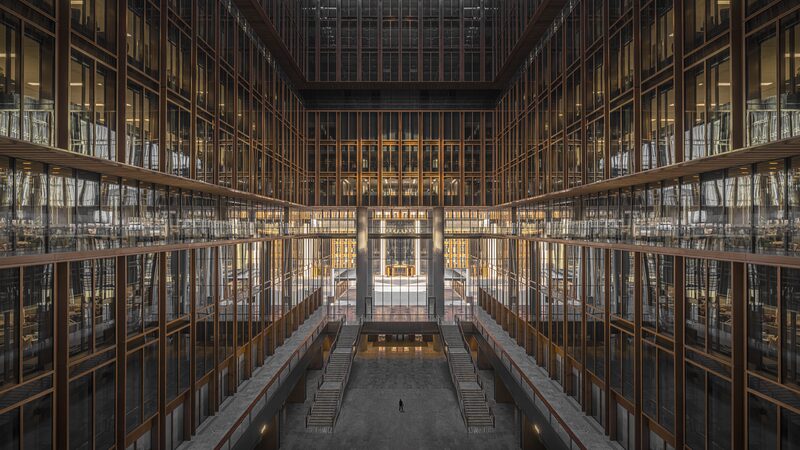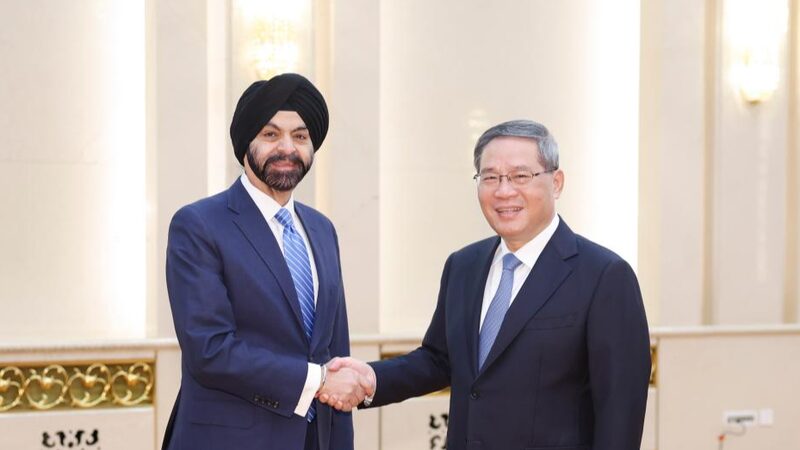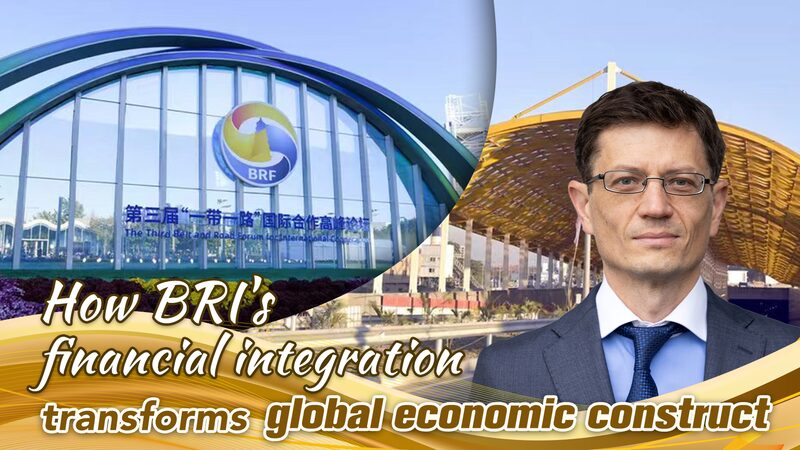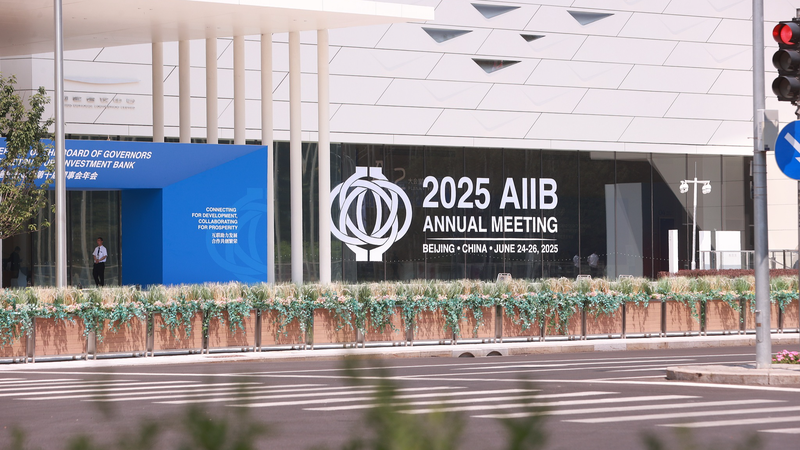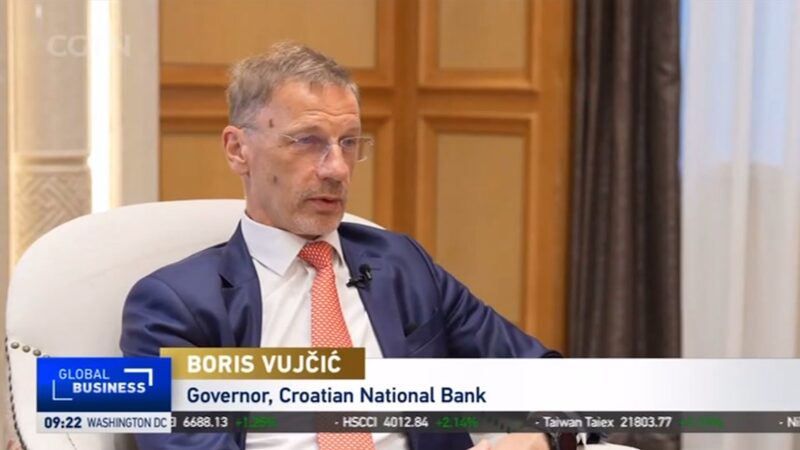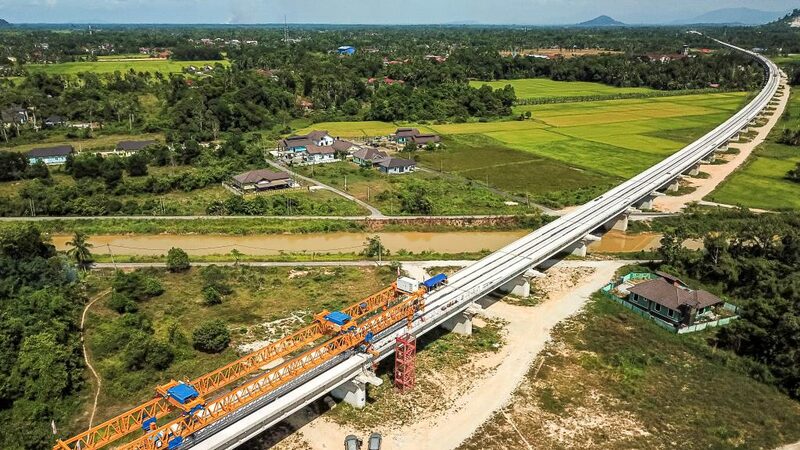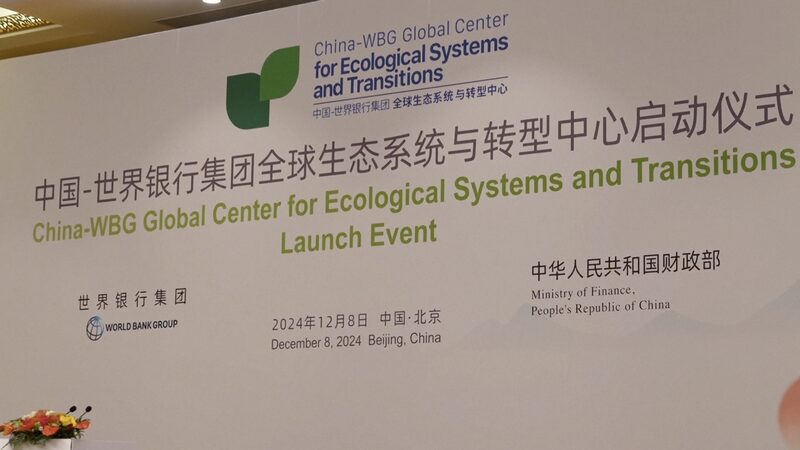Established on December 25, 2015, the Asian Infrastructure Investment Bank (AIIB) has emerged as a pivotal force in promoting global development through genuine multilateralism. As an intergovernmental development institution in Asia, the AIIB focuses on enhancing connectivity and fostering economic integration across the region by investing in infrastructure projects.
Reshaping Global Economic Governance
Historically, developed nations have held significant influence over international financial organizations, often imposing political and economic conditions on developing countries. The AIIB, initiated by China, challenges this status quo by introducing a new model of international multilateral development. Emphasizing fairness, equality, and joint participation, the AIIB ensures that all members have an equal voice and can advocate for their interests, thereby amplifying the representation of developing nations in global economic governance.
Advancing Infrastructure in Developing Countries
By focusing on infrastructure investment, the AIIB plays a crucial role in advancing development projects that many countries could not undertake independently due to financial constraints. As of December 24, 2024, the AIIB has approved 303 projects with committed financing reaching $48.94 billion. These projects span sectors such as energy (22%), transport (17%), and others, addressing critical needs in various regions.
Notable examples include the Rogun Hydropower Development Project in Tajikistan, funded with $270 million, and the Mumbai Metro Line 5 in India, which received $200 million. Such investments are instrumental in improving local infrastructure, boosting economic activities, and enhancing the quality of life for residents.
Driving Economic Growth and Social Benefits
The impact of AIIB-funded projects extends beyond immediate infrastructure improvements. For instance, Oman’s Broadband Infrastructure Project, financed with $152.1 million in 2017, significantly reduced communication costs for residents, enhancing connectivity and business opportunities. In Côte d’Ivoire, the Inclusive Connectivity and Rural Infrastructure Project, approved in 2023 with $200 million, enables farmers to transport their agricultural produce to global markets, increasing incomes and promoting economic growth.
Additionally, the Monsoon 600 Megawatt Cross-border Wind Power Project in Laos, funded with $150 million in 2022, not only generates green energy but also facilitates cross-border power trade with Vietnam. This collaboration benefits both countries by boosting Laos’s electricity revenues and meeting Vietnam’s energy demands for industrial and residential use.
Elevating Developing Countries in Global Value Chains
The AIIB’s investments help transform the economic landscapes of developing countries by improving their factor endowments. Infrastructure development attracts foreign direct investment, facilitates resource flow, and drives industrial upgrades. Drawing inspiration from China’s growth model, which emphasizes infrastructure as a foundation for development, the AIIB supports countries in moving up the global industrial and supply chains, transitioning from low-end to higher-value production and exports.
Offering Certainty Amid Global Uncertainties
In an era marked by rising protectionism and increasing global economic uncertainties, the AIIB stands as a beacon of multilateral cooperation. With 110 members representing 81% of the global population and 65% of global GDP, the AIIB fosters partnerships across both developing and developed nations. By channeling funds to where they are most needed, the AIIB stimulates new growth drivers and contributes to global economic stability.
Through its commitment to genuine multilateralism and high-level openness, the AIIB brings greater certainty to global development, offering hope and tangible benefits to countries striving for progress.
Reference(s):
Practicing true multilateralism: AIIB brings certainty to world
cgtn.com
